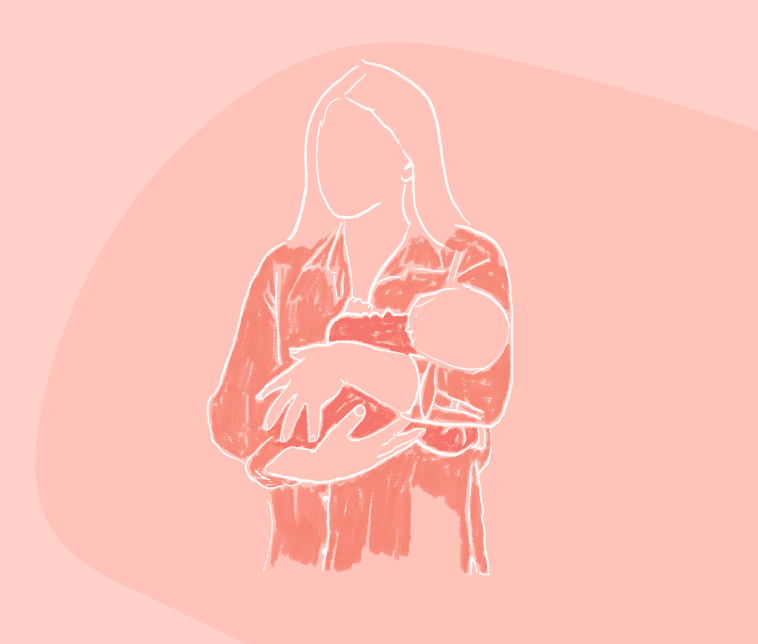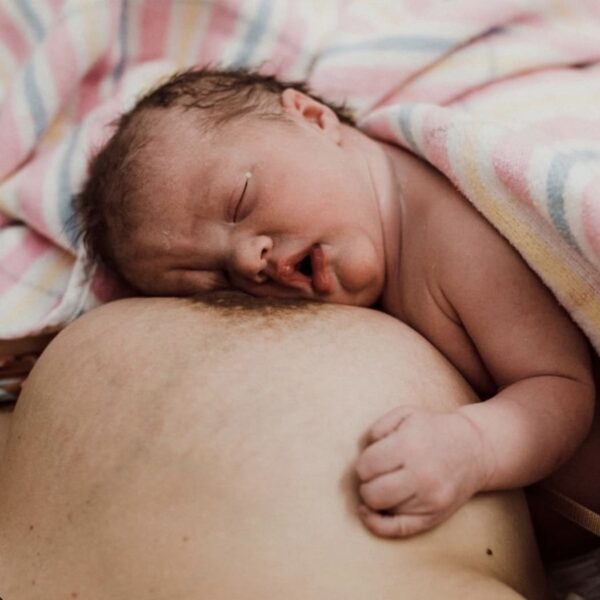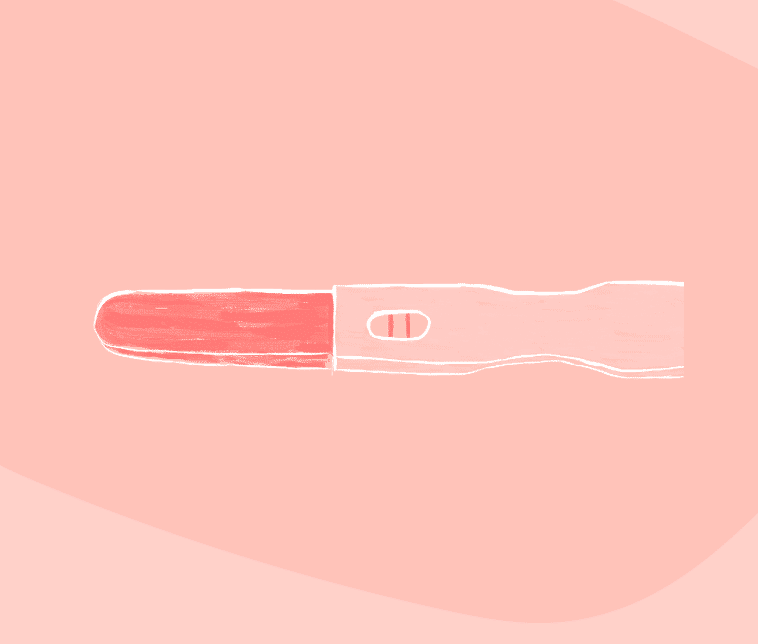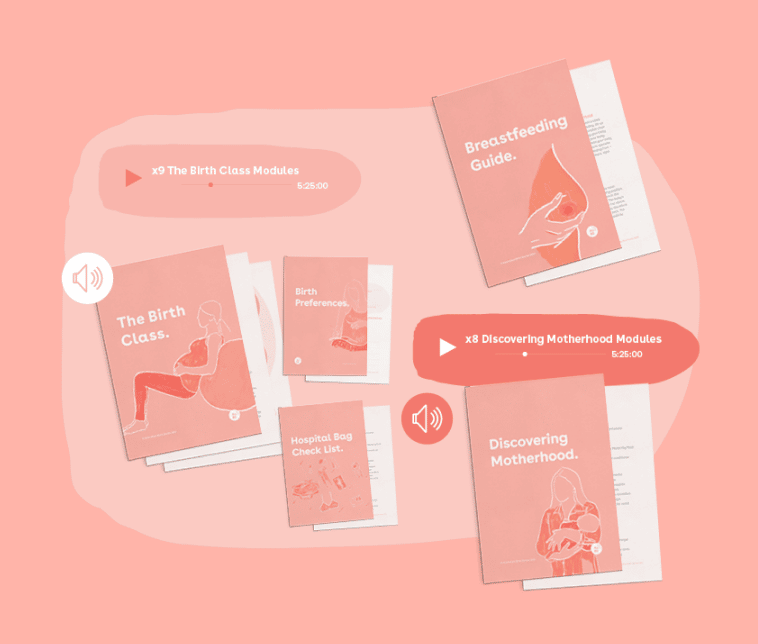I’m so excited for you to receive my 5 Ways to Ease Postpartum Fatigue. Inside this PDF I will share with you some ways you can prepare for your fourth trimester and the inevitable fatigue that accompanies life after birth. Consider these tips as your go-tos; they are simple yet effective ways for you to take care of yourself and prioritise rest and recovery.



